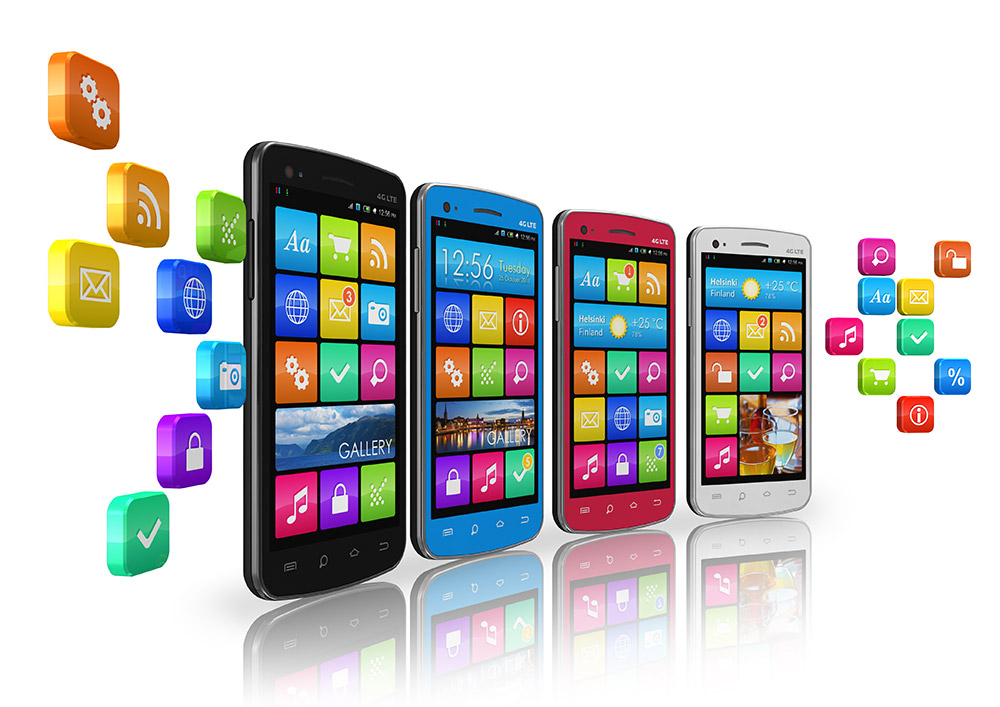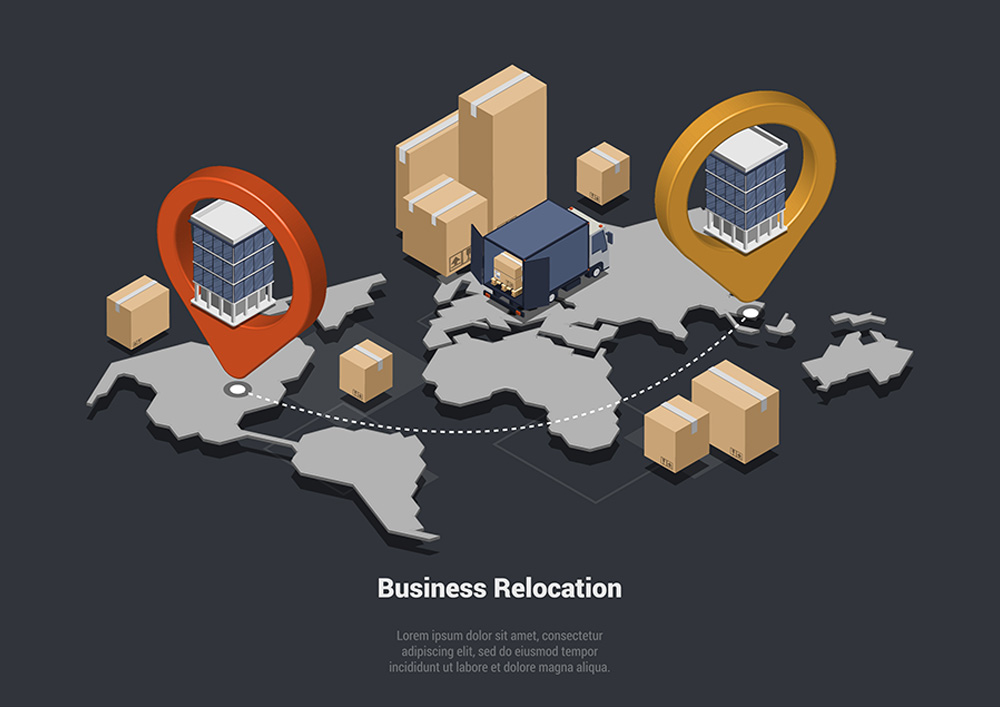
February 10, 2023
Why Mobile Marketing is Becoming Increasingly Important for Businesses
Mobile devices are a great way to interact with a customer’s digital ecosystem. Mobile marketing simply refers to delivering content or promotions to consumers through their mobile devices. In other words, it is another way for customers to access what the business is already doing online. For example, this is another way for consumers to be exposed to advertising, engage with social media channels, or read about the business in the news.
Other ways that mobile marketing can be used is through paid media with mobile web advertisements or in-app advertisements and owned media with native mobile apps and use of push notifications. Push notifications can be a very effective marketing tool because it is a reminder to potential customers who have already downloaded the app, that the app exists on their mobile devices and keeps it top of mind. Additionally, these notifications interrupt what the customer is doing by randomly “popping up,” so it forces them to interact with the app banner by understanding its relevance and determining whether to click or get rid of the banner. Marketers can also personalize push notifications to include the customer’s name or even activate them when they are in a specific location.
From the marketing funnel perspective, mobile marketing can facilitate the consumer experience at any stage of the funnel. For example, since customers are constantly on their phones or bring their phones everywhere, marketers can easily detect where they are in the buyer journey and influence their decisions through personalized and targeted mobile marketing initiatives. Some of these initiatives include, retargeting efforts through notification reminders, individualized promotions, streamlined omnichannel systems, and post-purchase services and integration.
Mobile marketing is being increasingly important in this digital age because more than half of ecommerce website visits have come from mobile since 2019. Additionally, since the younger generation are the main consumers of mobile, there are more products and services geared towards younger people being sold on these platforms. Mobile visitors have unique needs and situations that lead them to use mobile devices rather than a laptop or TV. Some expectations for mobile users include wanting a faster and simpler experience, responding better to creative or tactile experiences, tend to have more specific goals, and tend to spend less money. Therefore it is important for marketers to simplify and prioritize content for mobile since there are certain limitations from desktop such as less real estate on mobile.
Let’s discuss the two biggest ways that customers can encounter your mobile marketing in the digital ecosystem.
Mobile Websites
There are various options for handling mobile website visitors and each have their own advantages and disadvantages.
There’s the default option which is showing the regular website just on a mobile browser. While this option is the easiest, it is not the most ideal since the regular website is optimized for desktop which might not translate well onto a mobile browser.
The second option is showing a mobile-friendly website. The most popular is the responsive web design (RWD) which involves detecting screen size and automatically adjusting text and images to adapt. For example, the navigation bar might be converted into a drop down menu while the search bar appears more visible.
There are also progressive web apps (PWA) that involve redirecting mobile visitors to a website that behaves like an app. For example, while there is no app download installed on the user’s device, the website has app-like functionality like being able to function offline or deliver notifications.
Native Mobile Apps
While every company must have a website, apps are not critical for all companies. Apps are great for providing a personalized experience for loyal customers by allowing them fast account access, order info, and even app-only promotions. Additionally, apps create more customer engagement by giving them easy access to interact and engage with you. The overall buying experience is seamless with less clicks since the customer can simply tap a product and buy it.
Mobile devices are also very convenient since they can be used on-the-go. Since the customer has already shown interest in wanting a relationship with the company by downloading the app, marketers can provide a more personalized experience for loyal customers by recognizing their account information and personalizing their in-app content. An app that is engaging and enjoyable to interact with will deepen customer relationships and generate more customer loyalty.
Additionally, a native app can provide services not possible on mobile websites such as delivering push notifications and taking advantage of device feature integrations, such as QR scanners, in-app messaging, and security.
–
Mobile marketing is a great way to start your digital marketing journey. Creating a faster and more convenient interaction with your customers on their mobile devices can be a game changer. Contact Katama via email or phone today to learn more about our personalized digital marketing plans!



